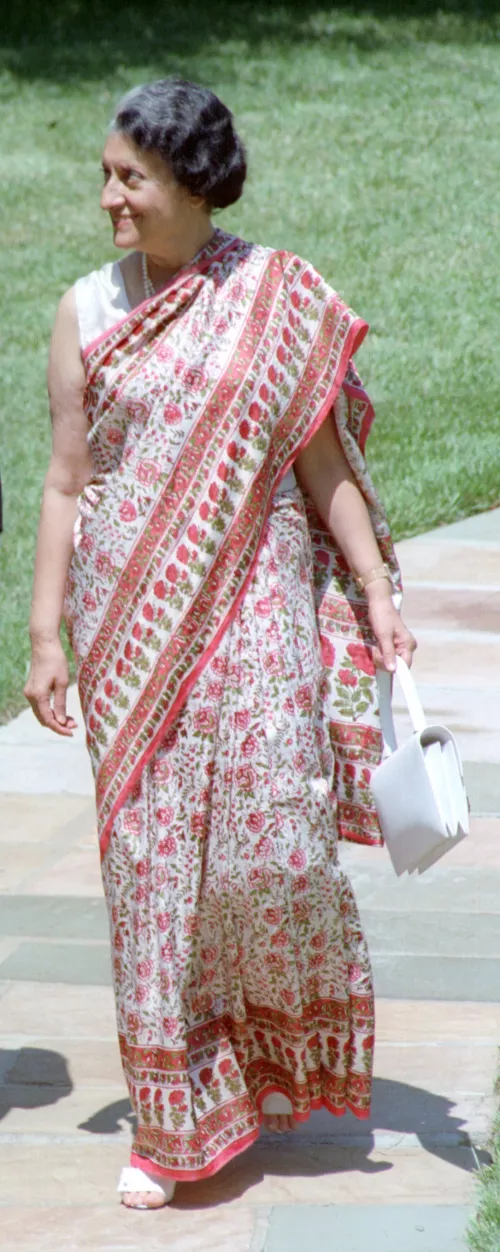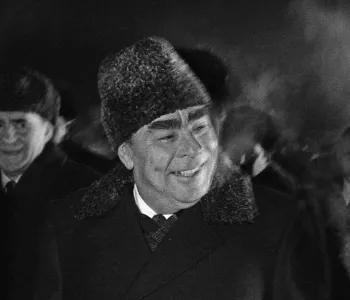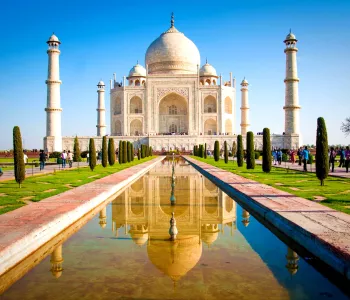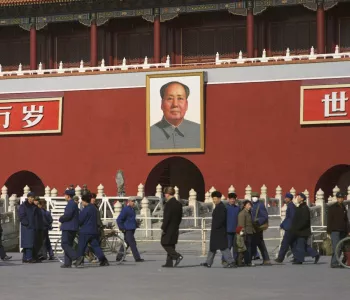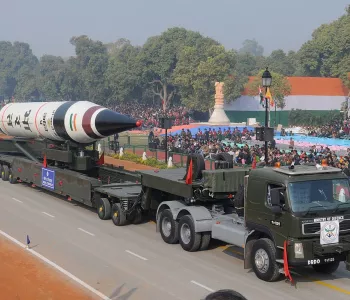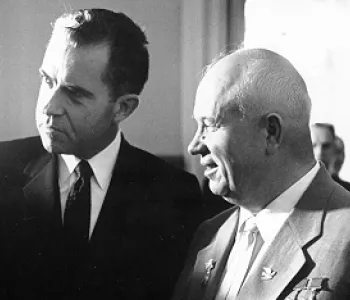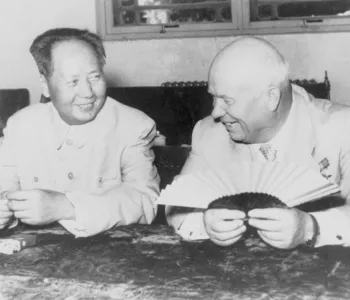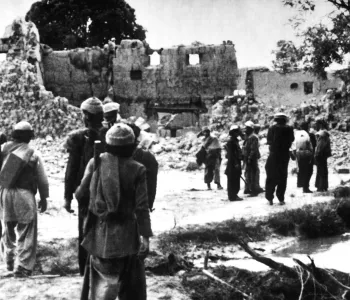This partial release of the July 1974 post-mortem investigation analyzes why the CIA and its sister agencies failed to predict the 1974 Indian nuclear test. Two problems were especially important: 1) the lack of priority given to the Indian nuclear program for intelligence collection (further confirmed by the January 1972 INR report), and 2) the lack of communication between intelligence producers (analysts and estimators) and intelligence collectors (spies, NRO, etc.). The low priority meant that intelligence production “fell off” during the 20 months before the test (from October 1972 to May 1974). Moreover, there may have been a lack of communication between producers, with the “other guy” assuming that someone else was “primarily responsible for producing hard evidence of Indian intentions.” Trying to explain the lack of follow-up on relevant “raw intelligence,” e.g. Pinjanians’s surmises about the Indian nuclear program, the post-mortem saw no “sense of urgency” in the intelligence community, which may have “reflected the attitudes of the policymakers.” Another problem was that the intelligence community focused more on “capabilities” than on “intentions,” which implicitly raised the difficult issue of breaching the nuclear establishment or Indira Gandhi’s small circle of decision-making. The substantive discussion of satellite photography has been excised, but the recommendations were left intact, including the point that “The failure of production elements to ask NPIC [National Photographic Intelligence Center] to exploit photography that had been specifically requested from the National Reconnaissance Office suggests a weakness in the imagery requirements system.” The implication was that NRO satellites had imagery of the Thar Desert that could have been scrutinized for suspect activity, but no one asked NPIC to look into it.
